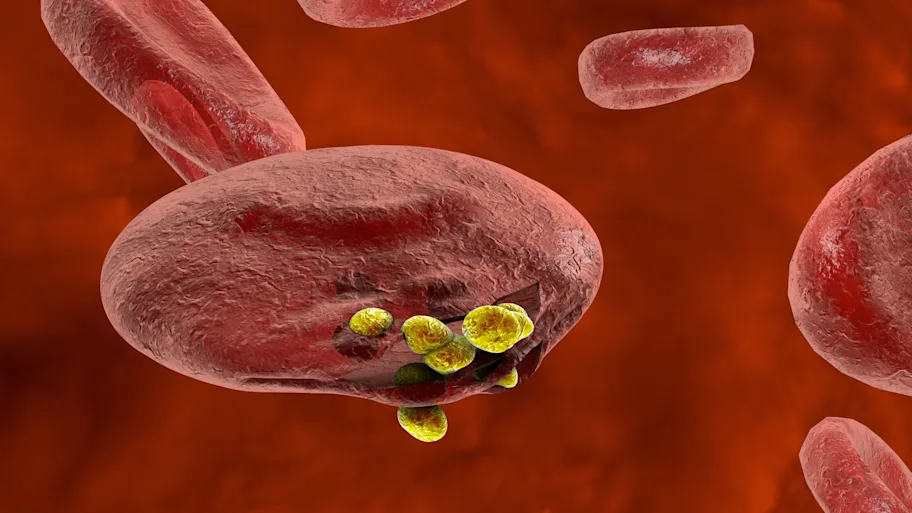
- Science News
- Featured news
- Broadening the scope of research on one of Frontiers in Microbiology‘s largest sections
Broadening the scope of research on one of Frontiers in Microbiology‘s largest sections
Image: Gorodenkoff/Shutterstock.com
Two years have passed since the first Covid-19 case was reported. The impact of the pandemic has been devastating with death toll numbers painting a dismal picture of post recovery on health and on the tourism industry.
Scientific revelations from the past years have shown that research on infectious disease transmissions, epidemiology, prevention and treatment is paramount - and so is going beyond the human host.
The scope of one of Frontiers in Microbiology‘s largest sections – Infectious Diseases, has been refocused into Infectious Agents and Disease with the aim to:
Encourage broader pathogen research advancing the understanding of infectious agents causing disease beyond the human host
The re-focus of this highly respected section within the journal aims to welcome a broader audience and submissions that include infectious agents causing dysbiotic conditions, “classical”, emerging and re-emerging infectious diseases in humans as well as in animals and humans in the case of zoonotic infectious diseases.
The new scope has been shaped in close consultations with Specialty Chief Editor, Dr Axel Cloeckaert (INRAE, Université de Tours) and the Field Chief Editor, Prof Martin Klotz (Washington State University).
“Biological variation as the entire world is now aware with COVID-19 variants, applies also to any other infectious agent. The section has therefore opted to focus particularly on the diversity of infectious agents and their epidemic features as well as the study of their factors contributing to their epidemic success (e.g. antigenic, virulence, fitness, resistance factors and likely many more yet to be identified).” explains Chief Editor Axel.
Frontiers in Microbiology looks forward to this new chapter for its Infectious Agents and Disease section and will continue to deliver key research in this crucial field.
Explore the journal and other sections here. We look forward to receiving your research in this subject area and field.






